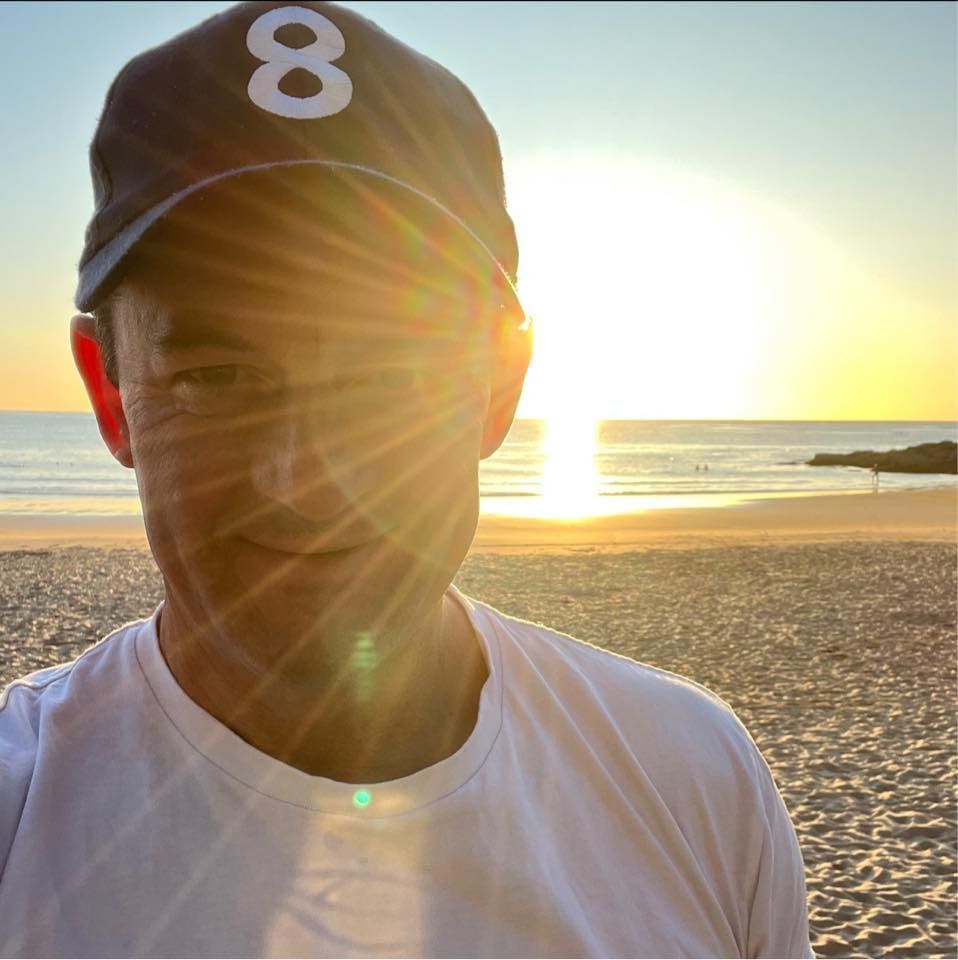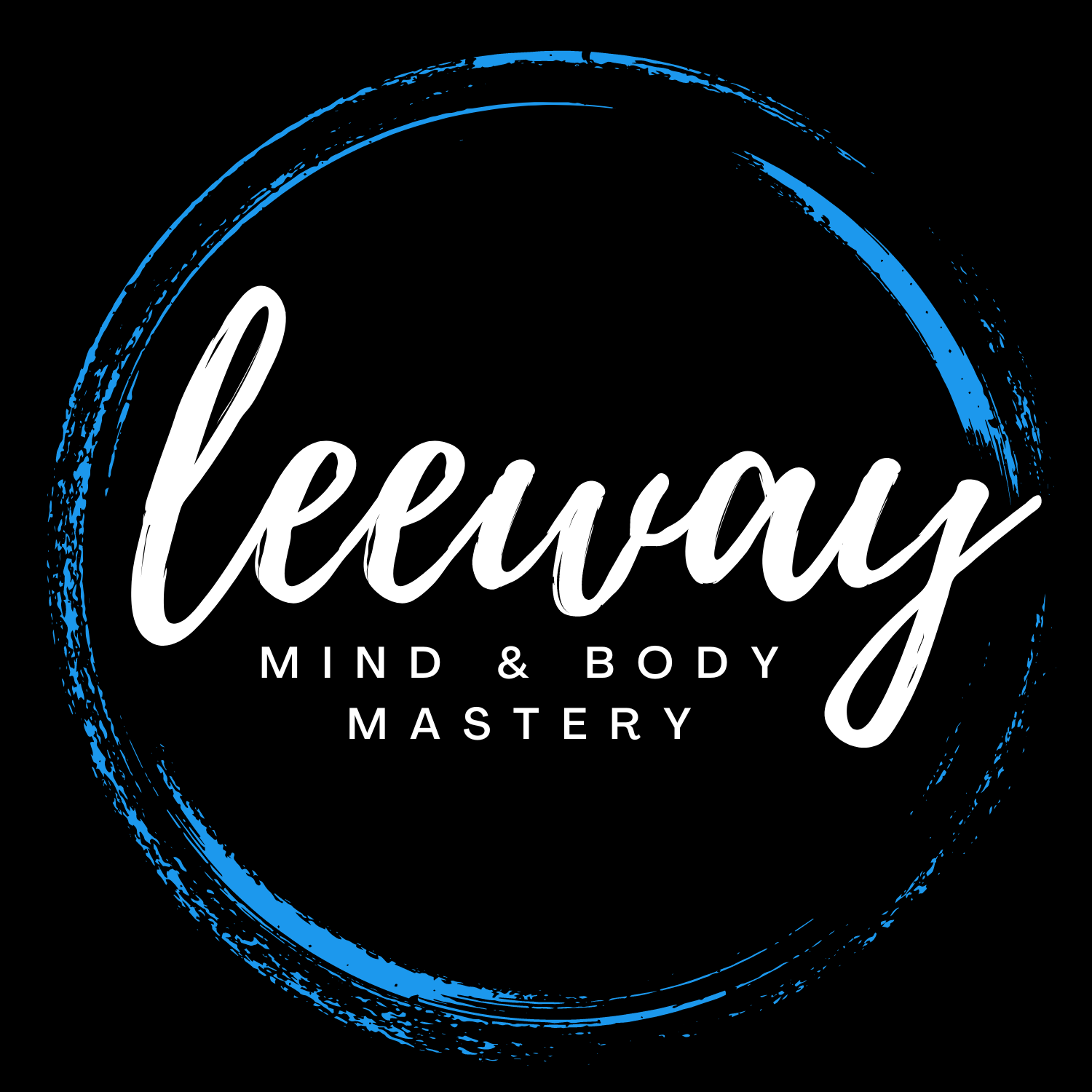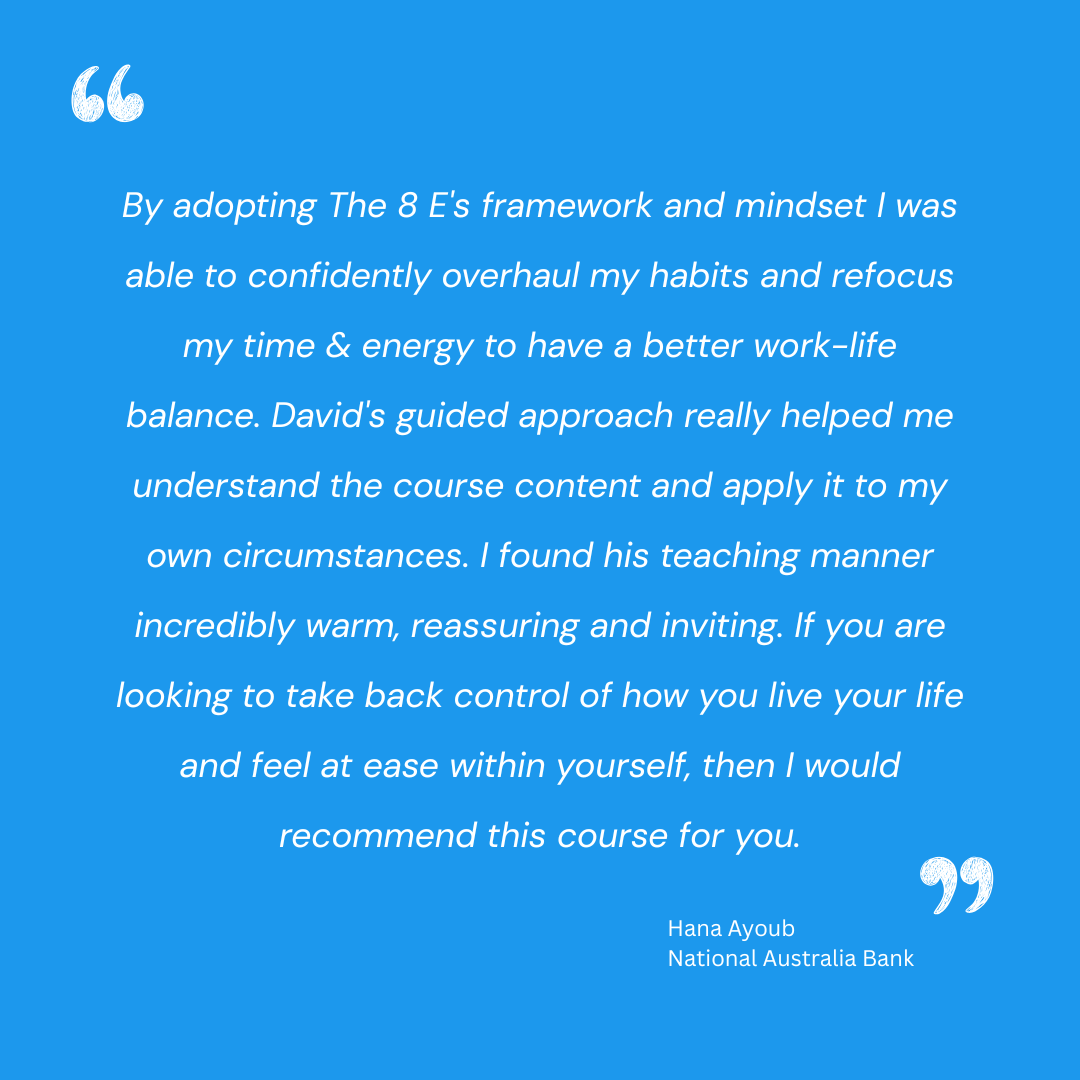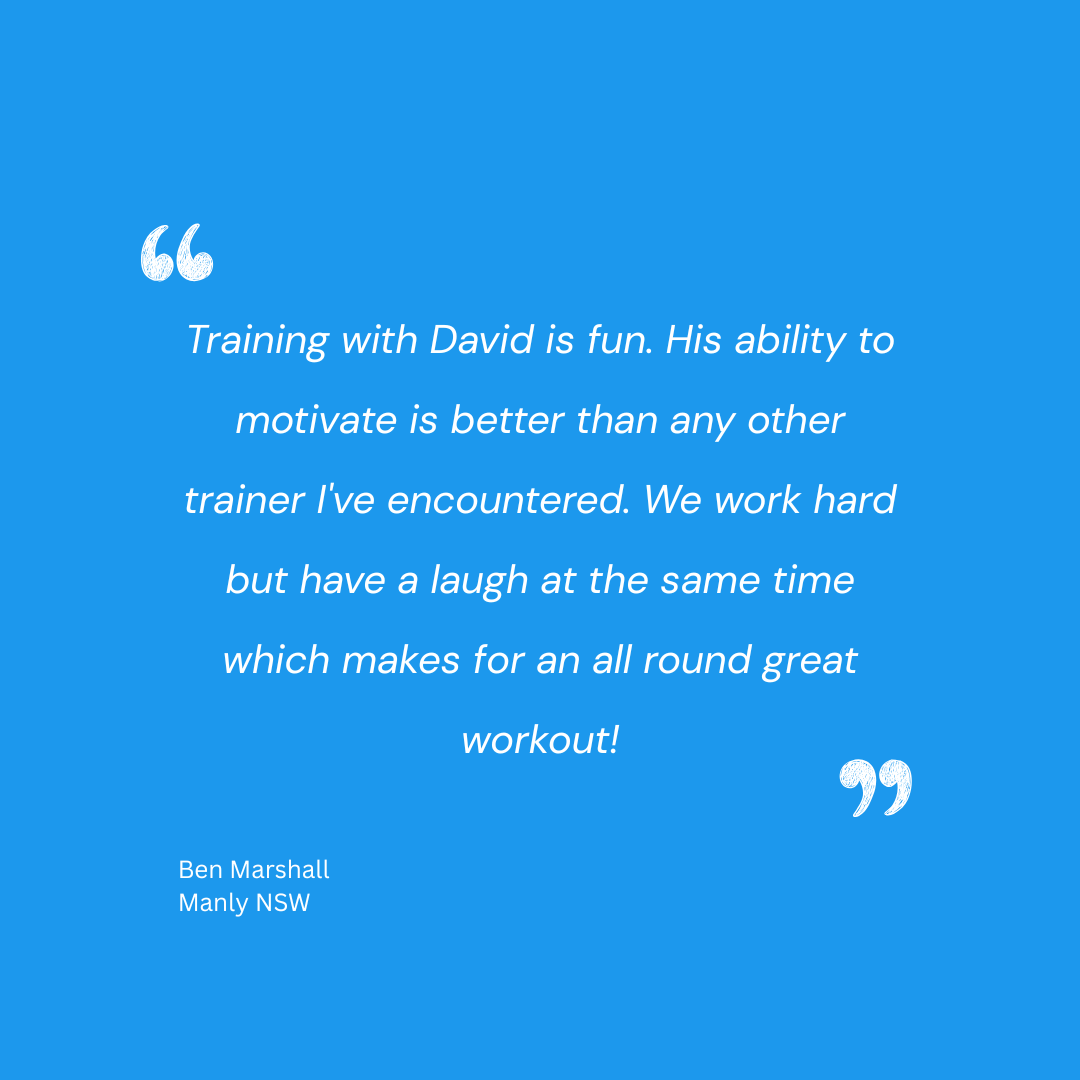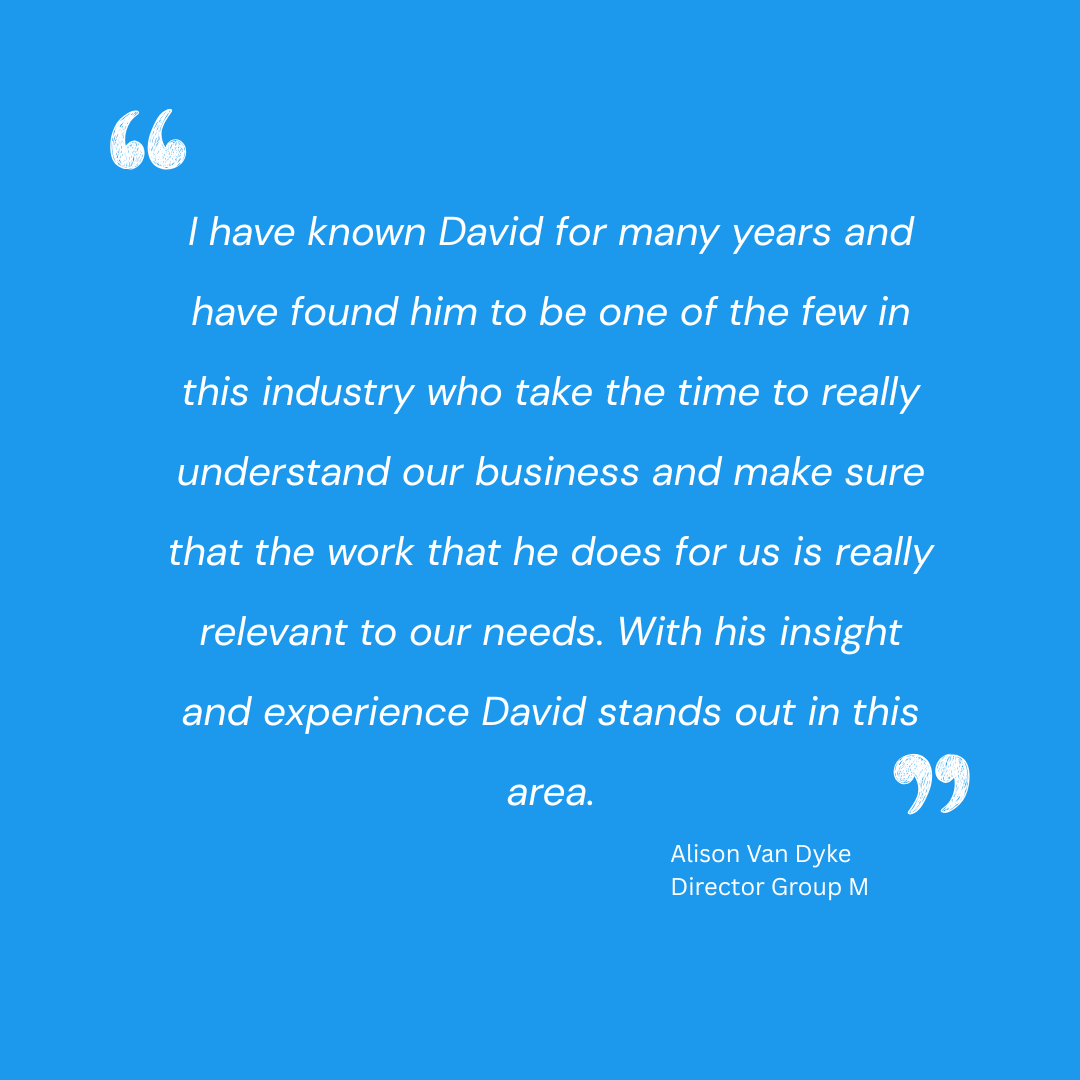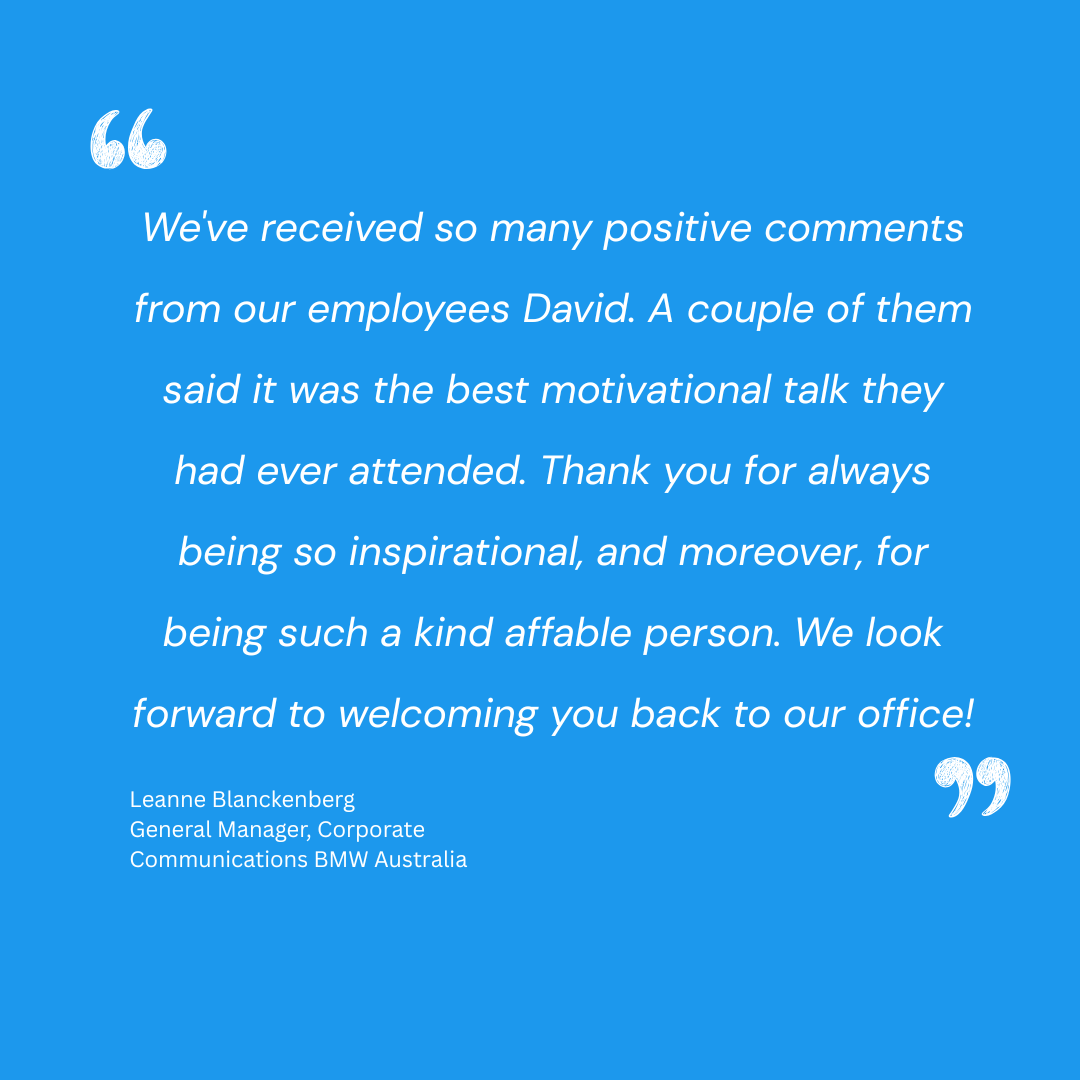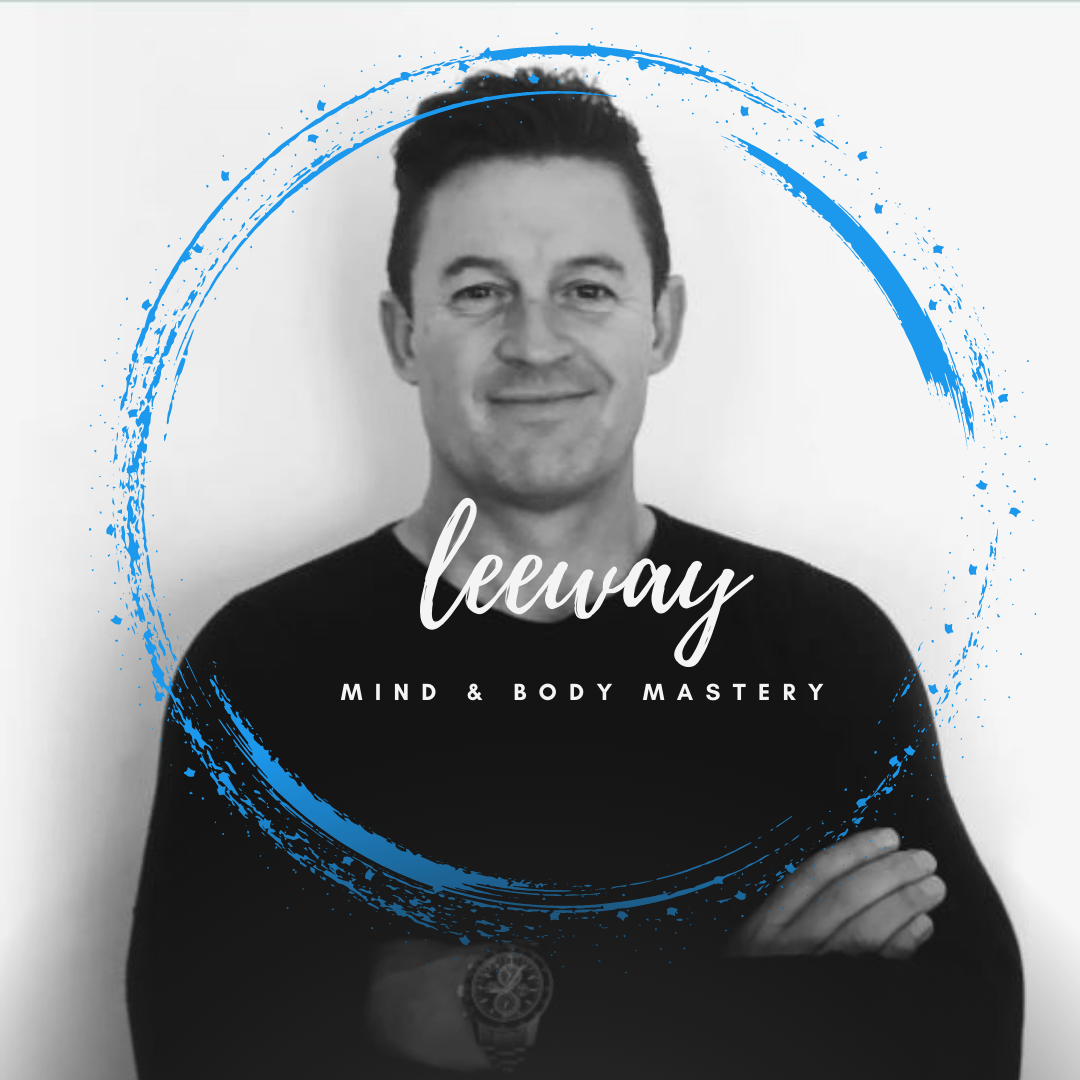How to stop hitting snooze and wake up early every single day
You snooze, you lose. Wake up a winner in 6 steps.
If the first thing you do every morning when your alarm goes off is hit the snooze button and go back to sleep, then you have to give yourself a wake-up call.
Hitting the snooze button rather than the off button and getting out of bed is starting every day with your first loss of the day rather than your first victory.
Retired U.S. Navy Admiral William H. McRaven served with great distinction in the Navy for 37 years as a Navy SEAL and commanded at every level. At the end of his stellar career, he served as Commander of all U.S. Special Operations Forces.
He is probably more well-known for his popular social media video doing the rounds of him giving a commencement speech at the University of Texas, where he promotes the idea that making your bed first thing in the morning will see you have accomplished your first task of the morning. He also wrote the book “Make your Bed”
Early on in his speech, the Admiral says.
“If you make your bed every morning you will have accomplished the first task of the day. It will give you a small sense of pride, and it will encourage you to do another task and another and another. By the end of the day, that one task completed will have turned into many tasks completed. Making your bed will also reinforce the fact that little things in life matter. If you can't do the little things right, you will never do the big things right.”
My father had a similar philosophy and would often say “If you do the simple things well, the rest will take care of itself”.
I have every respect for Admiral McRaven and would never be in the realm that his experiences have landed him, yet I disagree with him on his assertion that by making your bed you will have accomplished your first task of the day. Your first task of the day is to get out of that unmade bed after having not hit the snooze button. Then, for no other reason than it is your bed and who else is going to make it? Make your damn bed.
When you hit the snooze button you are telling yourself that you are reneging on the last goal that you set for yourself yesterday, which was the first goal you chose to accomplish for today. Your wake-up time.
My father had a lot of inspiring sayings and another, in relation to effectiveness was; “You want to get into the habit of…” and for bad habits he would say “You want to get out of the habit of…”
One of my clients was telling me recently, that he starts every day with a cranky wife, because with every good intention, he sets his alarm for 4am and then repeatedly hits the snooze button until 6am.
I ask my clients, what doing the opposite of any of their bad habits would look like. What is the opposite of hitting the snooze button?
You want to get into the habit, of hitting the stop button on your morning alarm and getting out of bed thereafter.
You want to get out of the habit of hitting the snooze button.
I also ask my clients the question, when they set their goals or plan to adopt a good habit.
“Why do you want to do this?”
Once they have told me their why, I then ask,
“What will this give you?”
So, the conversation might go like this for example:
ME: “What is one daily habit you could adopt that would make you much more effective?”
Client: “Getting out of bed when my alarm goes off of a morning and not hitting the snooze button”
ME: “Why would you want to do that?”
Client: “Because then I would have more time to exercise”
ME: “What would that give you?”
Client: “Well in the short term, because exercise releases feel good chemicals and hormones, it will benefit my mental health, by improving my mood, reducing my symptoms of stress, depression, and anxiety, and increase my energy levels. Long term it will reduce my feelings of loneliness and isolation, as I’ll be in contact with other people at the gym, or with my Personal Trainer, it will reduce my risk of illness because exercise boosts my immune system, lower my blood pressure and bad cholesterol, and it will better my odds of not suffering from heart and lung disease, diabetes, obesity, and cancer. It will increase the size of my hippocampus, the part of my brain responsible for memory, reducing the risk of me getting dementia, Alzheimer’s, and Parkinson’s disease. I will also lose weight which will improve my self-esteem and confidence and by exercising for at least 150 minutes a week, just 20 minutes a day, I will be achieving government health department physical activity level recommendations and curiously enough, I will improve the quality of my sleep”
Why You Shouldn't Snooze
One of my clients likes the idea of a pre-ordained snooze and sets 2 alarms. She plans to have a snooze every day, which she feels works perfectly for her, as she has planned to have a snooze.
I don’t have the heart to tell her right away, but I feel compelled to tell you now and when she reads this, she may rethink her habit, but hitting the snooze button and false starts on your waking of a morning is bad for your health for a few reasons.
We sleep in 4 different stages and most of the latter part of our sleep cycle is comprised of REM or dream sleep, which is a restorative sleep state. When you hit the snooze button, you are interrupting your REM sleep. The problem is that you are getting fragmented sleep. Our sleep isn’t just; close your eyes and you’re offline, it is in deep rapid eye movement sleep which we are usually in just before waking, that our sleep is at its most restorative.
Hitting snooze has you running the risk of you re-entering a different sleep phase and waking up groggy and feeling unrested, which can stay with you for most of the morning but is definitely with you for the first 30 minutes of your new day, clouding your judgement and leading to poor food and lifestyle choices, whilst also affecting your metabolism and energy levels reducing your bodies effectiveness at dealing with your poor food choices. You know? How your weekend mornings usually start if you disrupt your weekday sleep schedule.
If you are hitting the snooze button every now and again then it’s no big deal, but if you’re setting your clock around the snooze ruse, then you might consider the following tips to share in the joys, the early birds among us, seem to experience in abundance.
Here're 6 ways to wake up to yourself and avoid the snooze ruse.
1. Work on prioritising sleep from the get-go. Create an evening ritual which is the opposite of your morning routine. Winding down, rather than winding up, less engagement rather than increased engagement. Disconnect from all electronic gadgets. Read for pleasure not necessarily knowledge or work / industry related literature. Write out your to do list for tomorrow, so it’s not on your mind.
2. Set your alarm for your realistic wake up time; the time that tops the list of your to do list as just written and remove the snooze function so that snoozing is not an option.
3. Download an anthem to use as your alarm – Rather than the first thing you hear of a morning being the annoying trill of a suggested alarm from your phone, buy a ringtone or choose from your song list an empowering “I feel love” by Donna Summers, or “Lose Yourself” by Eminem. Both start off quietly and slowly and then you’re out of bed seizing the day and loving yourself.
4. Get up as soon as the alarm goes off, raising the blinds or turning on a light will kick start the awareness that you are indeed awake, and that a new day is calling you to greatness.
5. Prime your mind and body for the day with a first thing you say to yourself mantra. You wouldn’t let anyone speak to you the way you speak to yourself unless it was encouraging. “Today is going to be a phenomenal day” or “I believe something fantastic is going to happen for me today” or “I feel good, I feel great and I’m number one!” or your own personal power up statement.
6. Set your alarm down out of a defeatist’s arms reach – if all else seems to fail, place the alarm clock where you must get up to get at it.
"All my life I have battled the alarm clock, pummeling the snooze button over and over with mounting self-loathing until the shame is finally strong enough to lever me upright"
Isaac Marion - Author Warm Bodies
And if you're interested in going even further, get help mapping out your goals and removing the blocks that are preventing you from achieving them. Let’s make time to discuss your needs and priorities.
Book a consultation today.
Don’t keep this to yourself. Spread the word.
